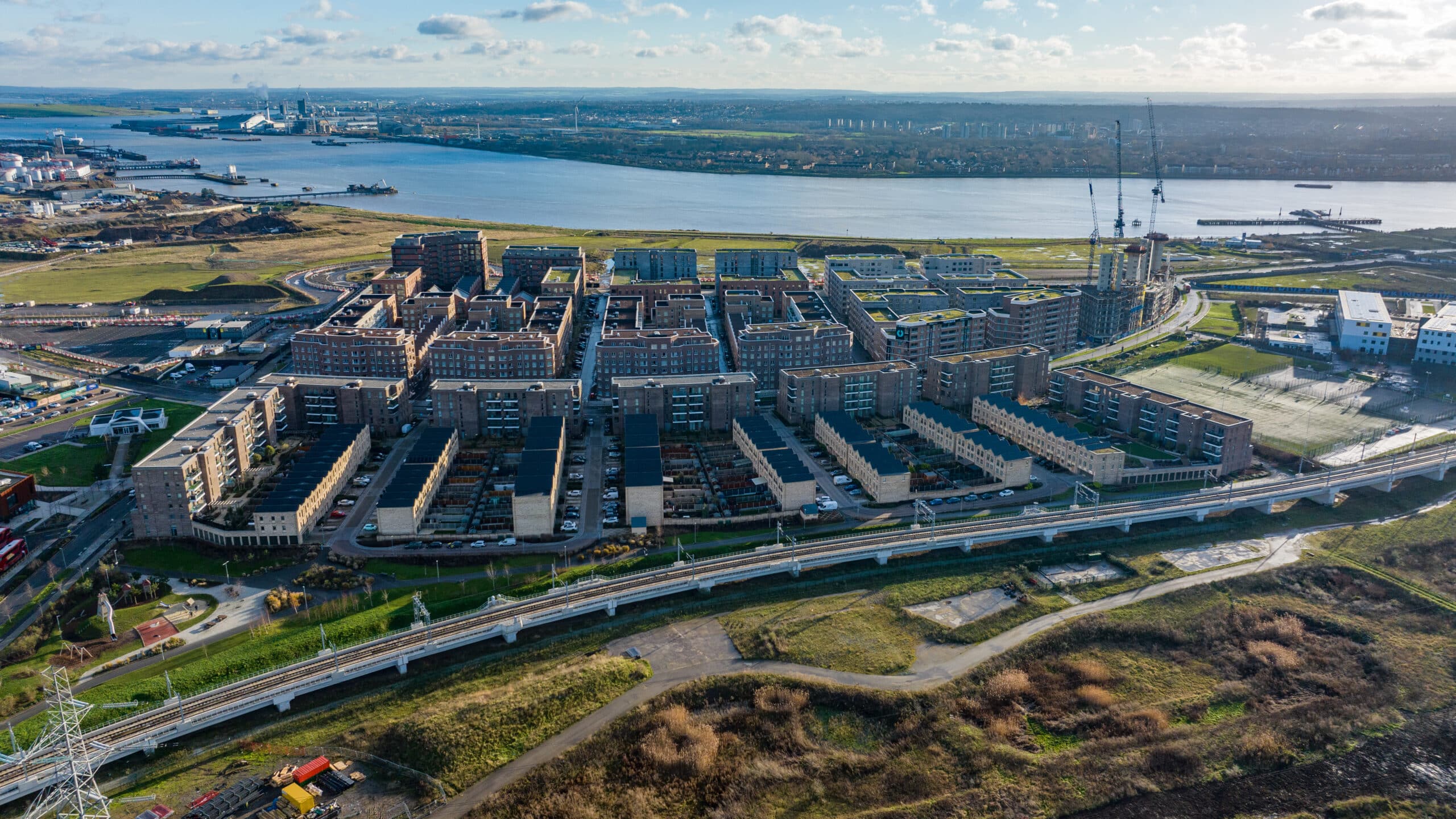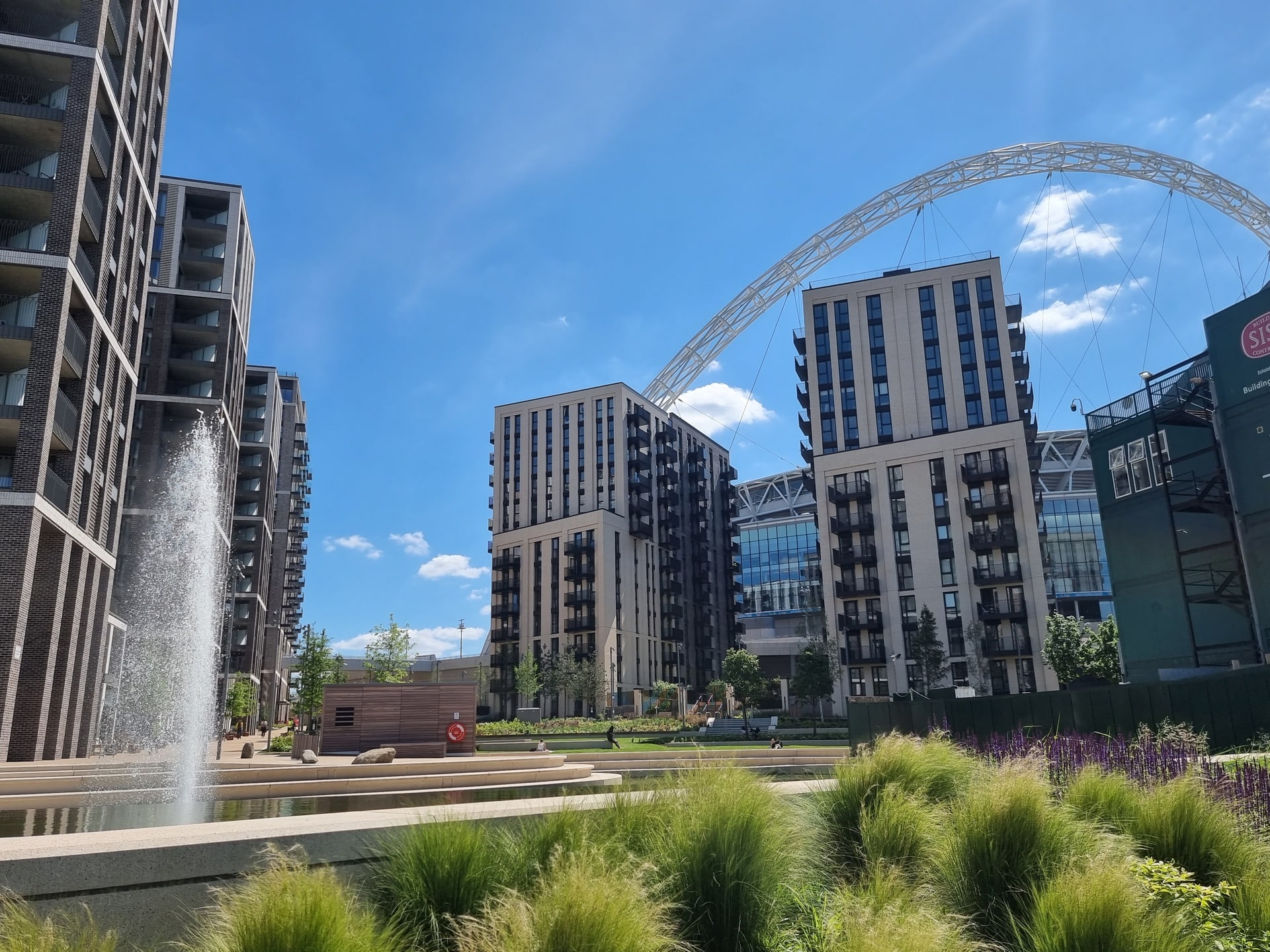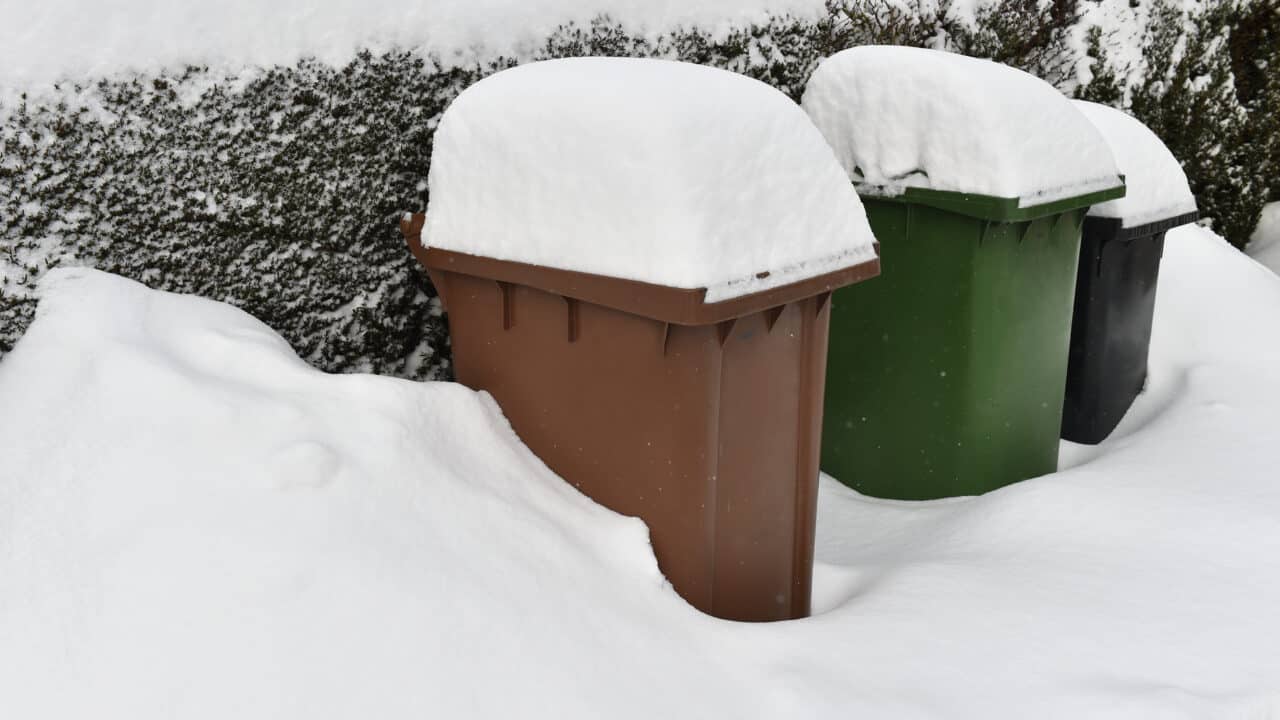As London’s population grows and new urban districts emerge, the city faces urgent waste management challenges. Sustainable waste solutions are essential as traditional methods struggle to keep pace with rapid urbanisation and evolving environmental standards.
The Scale of London’s Waste Management Problem
London produces over 18 million metric tonnes of waste every year, yet only about 32% is recycled or composted, one of the lowest recycling rates in the UK. The majority of London’s waste is incinerated or sent to landfill, with more than half now being burned. This not only releases harmful toxins and greenhouse gases but also results in the permanent loss of recyclable materials.
High-profile incidents, such as the infamous “fatberg” in Whitechapel – a massive blockage of fats, oils, and non-biodegradable waste – highlight the severe consequences of improper waste disposal and the strain on London’s ageing infrastructure. Commercial and industrial sectors contribute roughly a third of the city’s total waste, making business engagement in sustainable practices critical for progress.
Despite ambitious government targets, such as recycling 65% of municipal waste by 2030, progress remains slow. London continues to struggle with low recycling rates, food waste incineration, and the environmental impact of transporting and processing waste.
A recent government-commissioned report by the New Towns Taskforce underscores the urgent need for bold, coordinated action to address London’s housing and infrastructure challenges—including waste management. The report calls for large-scale, well-planned developments that integrate sustainability and innovative infrastructure, including advanced waste, water, and energy systems. It highlights Thamesmead Waterfront as a prime example of a new town project that must embed high standards for environmental sustainability and resource management to support both housing and economic growth.
As London’s population grows and new communities take shape, the need for smarter, more resilient waste management has never been greater. The recent New Towns Taskforce report makes it clear that visionary, large-scale developments must put sustainability and robust infrastructure at their core, including how we manage waste. Traditional systems are simply not equipped to meet the demands of a modern city striving for sustainability.
Dave Buckley, Envac UK
Lessons from Ireland: The Importance of Resilient Waste Infrastructure
London is not alone in facing waste management issues. Ireland has experienced significant waste sector disruptions due to strikes and industrial disputes. For example, a recent strike at Bord na Móna Recycling threatened waste collection for over 130,000 customers, exposing the vulnerability of traditional waste collection systems to labour disputes and organisational changes. Such disruptions can result in uncollected waste, public health risks, and increased illegal dumping.
Ireland’s experience demonstrates the need for resilient, automated, and future-proof waste infrastructure, qualities that are increasingly vital for fast-growing cities like London.
Smart Solutions: Envac’s Automated Waste Collection Systems
Envac’s automated waste collection systems offer a transformative solution for modern waste management in London. By transporting waste through underground pneumatic pipes from collection points directly to a central facility, Envac eliminates the need for frequent lorry collections, reducing traffic congestion, emissions, and noise pollution.
Key Benefits of Automated Waste Collection:
- Reduced Environmental Impact: Less traffic and lower emissions from waste transport.
- Improved Hygiene: Underground containment minimises odours and deters vermin.
- Increased Resilience: Automated systems are less susceptible to labour disruptions and strikes.
- Enhanced Recycling: Designed to handle multiple waste streams, these systems are user-friendly and supported by digital end-user platforms, boosting recycling rates.
Barking Riverside: A Model for Sustainable Urban Waste Management

Barking Riverside, one of Europe’s largest brownfield developments, demonstrates how smart waste management can support sustainable urban living. Envac’s system connects over 15,000 homes and businesses to a central facility, efficiently managing multiple waste streams and reducing the environmental footprint of the community. Barking Riverside also holds consistently high recycling rates in the 40%, compared to an average of 12% for flatted properties in the London area.
Wembley Park: Smart Waste Solutions for High-Density Developments

At Wembley Park, Envac’s automated waste collection network serves apartments, hotels, and commercial spaces. This system meets the demands of high-density, mixed-use developments while supporting sustainability goals and enhancing urban quality of life.
The Path Forward: Building a Resilient and Sustainable London
As London continues to grow, the city must address its waste management challenges with innovative, scalable solutions. The New Towns Taskforce report emphasises that new developments should be vision-led, environmentally sustainable, and supported by robust infrastructure—including smart waste management systems, to ensure long-term resilience and a high quality of life for all residents.
At Envac, we’re proud to deliver automated solutions that not only reduce environmental impact and improve urban hygiene, but also future-proof London’s infrastructure against disruption. By embracing innovation, we can help ensure that London remains a world-leading city: cleaner, greener, and ready for the challenges ahead.
Dave Buckley, Envac UK
Automated waste collection systems like those pioneered by Envac not only solve current problems, such as low recycling rates, infrastructure strain, and vulnerability to service disruptions, but also lay the groundwork for a cleaner, more resilient urban future.
Sources:


